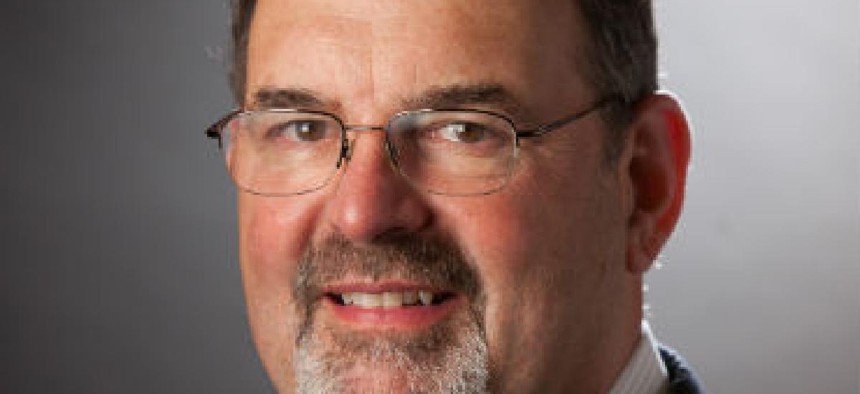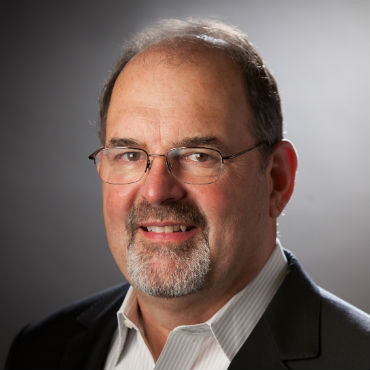Federal CIO: Hire faster, from every discipline

Federal CIO Tony Scott said getting new people -- and new roles -- into government as soon as possible is critical, and when it comes to cybersecurity, a range of disciplines is ideal.

Federal CIO Tony Scott said, "Cyber is a global problem, and we need people who speak every language on the planet."
The government needs to hire skilled cybersecurity professionals fast, starting with the federal chief information security officer, according to Federal CIO Tony Scott.
Speaking at an April 12 event sponsored by the Christian Science Monitor's Passcode security blog, Scott said the White House was down to a handful of candidates and would likely announce the new federal CISO within 30 days.
"It's about time we had one," he said, adding that he's excited to have a CISO join him.
But the federal government needs technology talent across agencies, not just at the highest levels, he added.
"There's no area combined with cybersecurity that I would say we're full up on," Scott said, adding that agencies need to broaden their reach. They should consider hiring people from a variety of disciplines -- such as cultural anthropology, economics, biology and foreign languages -- who also have cybersecurity knowledge.
"Cyber is a global problem, and we need people who speak every language on the planet," he said.
The government also shouldn't limit its applicant pool to college graduates.
Scott said requirements that job applicants have four-year degrees might not always be appropriate, and his office is working with the Office of Personnel Management to develop new approaches, including offering cybersecurity scholarships, hiring veterans and nontraditional applicants, and speeding up the famously sluggish federal hiring process.
"It's not competitive," said Rodney Petersen, head of the National Institute of Standards and Technology's National Initiative for Cybersecurity Education, of the hiring process.
The IRS has claimed that the long hiring cycle hurt its recruitment efforts even more than low pay, and Scott agreed.
He recalled working at Microsoft when company executives started offering flashier perks because they were losing good job applicants to other tech companies. When he dug into the problem, Scott found that applicants weren't eschewing Microsoft because it lacked flash; they said, "The other guys got me a job offer quicker."
Once Microsoft streamlined its hiring process, it regained a competitive edge, and Scott said that is what the government needs to do.
His comments came two months after the passage of a law that seeks to streamline federal hiring. Scott said his work with OPM will address that issue, and changes will be announced in the coming months.
NEXT STORY: GSA seeks input on cybersecurity services


